VICE bankruptcy: how did it happen?
Was the VICE bankruptcy inevitable? We look into how the once multibillion-dollar came crashing down.
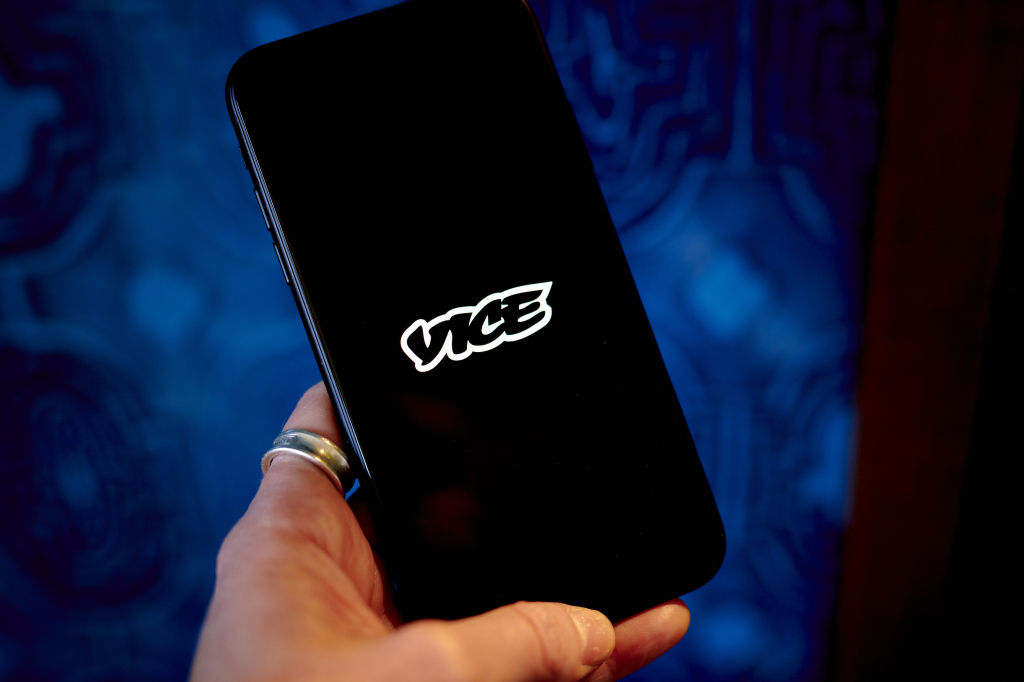
Get the latest financial news, insights and expert analysis from our award-winning MoneyWeek team, to help you understand what really matters when it comes to your finances.
You are now subscribed
Your newsletter sign-up was successful
Want to add more newsletters?

Twice daily
MoneyWeek
Get the latest financial news, insights and expert analysis from our award-winning MoneyWeek team, to help you understand what really matters when it comes to your finances.

Four times a week
Look After My Bills
Sign up to our free money-saving newsletter, filled with the latest news and expert advice to help you find the best tips and deals for managing your bills. Start saving today!
Gonzo journalist Shane Smith’s “gusto” transformed a small Montreal punk magazine into a sprawling global empire, regarded for years as “the future of media”, says the Financial Times.
Everyone from Rupert Murdoch – who famously drank tequila with the bearded, tattooed Smith at Vice’s Williamsburg office – to the cream of private equity piled in. But last month it all came tumbling down when VICE filed for bankruptcy after years of chaotic management and risky ventures.
“You put a big target on your back when you say ‘we know better, we’re the future’,” says a former executive. “Shane was always out trying to be the rainmaker… Everybody bought into it. But it didn’t [come off], and now look at the downfall.”
MoneyWeek
Subscribe to MoneyWeek today and get your first six magazine issues absolutely FREE

Sign up to Money Morning
Don't miss the latest investment and personal finances news, market analysis, plus money-saving tips with our free twice-daily newsletter
Don't miss the latest investment and personal finances news, market analysis, plus money-saving tips with our free twice-daily newsletter
How did the VICE bankruptcy happen?
For investors, led by the US private equity group TPG, it has certainly been a bruising adventure. An outfit trumpeting a value of nearly $6bn in 2017, when Smith ranged around Cannes in the French Riviera promising a “very sexy” public listing, is now worth less than $300m.
TPG’s near half-billion-dollar bet, meanwhile, “has been wiped to zero”. The losses reveal “how a good sales pitch can impress even the most experienced giants of business” (other big investors included Bob Iger of Disney and WPP’s Martin Sorrell), especially those plotting to capture millennials and advertising dollars during the “free money” era of the 2010s.
VICE went “from upstart disruptor to a standard bearer for the future of digital media”. The New York Times once described Smith as “a cross between a punk rocker and a Fortune 500 executive”.
But when it comes to boasting about “personal dealmaking prowess”, noted New York magazine in 2018, he’s up there with Donald Trump. Born in Ottawa, Ontario in 1969, the son of a pioneering computer programmer, he learned from his father that “life isn’t fair and you have to be both the strongest guy and the smartest guy”.
Smith claims to have left home and got himself a job and place to live aged 13, says The Observer. “I was in a bit of a gang, a headstrong guy.” He played in a punk band and travelled round Eastern Europe – picking up a degree in English and politics along the way – before finding himself in Montreal in 1994.
There he co-founded Vice, a magazine sold on street corners and in record stores, which picked up an early following for its subversive articles about music, fashion, drugs and sex.
In 1999, Smith moved the operation to New York, winning backing from film director Spike Jonze and former Viacom boss Tom Freston says the FT. “With their encouragement he expanded Vice into online video, where advertising money was migrating”.
Smith’s “beard and Canadian drawl” became “an avatar of the company”: both on-camera, in Vice documentaries about drug gangs and warlords, and in front of corporate audiences, “where he persistently declared the inevitability of his company’s global domination”, says New York magazine.
Cracks begin to show
The operation certainly looked the part: by 2018, Vice encompassed “a cable network... a dozen websites, two shows on HBO, an advertising agency, a film studio, a record label and a bar in London”.
But cracks were beginning to show. Smith had promised his new channel, Viceland, would “bring millennials back to TV”. Yet the venture drew “miniscule audiences” and “bombed”, notes the FT.
This bad miscalculation put acute pressure on finances just as online advertising was slowing. Today the blame game continues. Was Vice strangled by the strictures of its private equity investors, as some claim, or was it simply a chaotic organisation doomed to burn through cash?
At the heart of the issue is “how you scale the essence of a punk-rock magazine into a multibillion-dollar media company”, says one former Vice executive. “There is no real answer. At some point, what got you there isn’t what you are”.
Get the latest financial news, insights and expert analysis from our award-winning MoneyWeek team, to help you understand what really matters when it comes to your finances.
Jane writes profiles for MoneyWeek and is city editor of The Week. A former British Society of Magazine Editors (BSME) editor of the year, she cut her teeth in journalism editing The Daily Telegraph’s Letters page and writing gossip for the London Evening Standard – while contributing to a kaleidoscopic range of business magazines including Personnel Today, Edge, Microscope, Computing, PC Business World, and Business & Finance.
-
 How a ‘great view’ from your home can boost its value by 35%
How a ‘great view’ from your home can boost its value by 35%A house that comes with a picturesque backdrop could add tens of thousands of pounds to its asking price – but how does each region compare?
-
 What is a care fees annuity and how much does it cost?
What is a care fees annuity and how much does it cost?How we will be cared for in our later years – and how much we are willing to pay for it – are conversations best had as early as possible. One option to cover the cost is a care fees annuity. We look at the pros and cons.
-
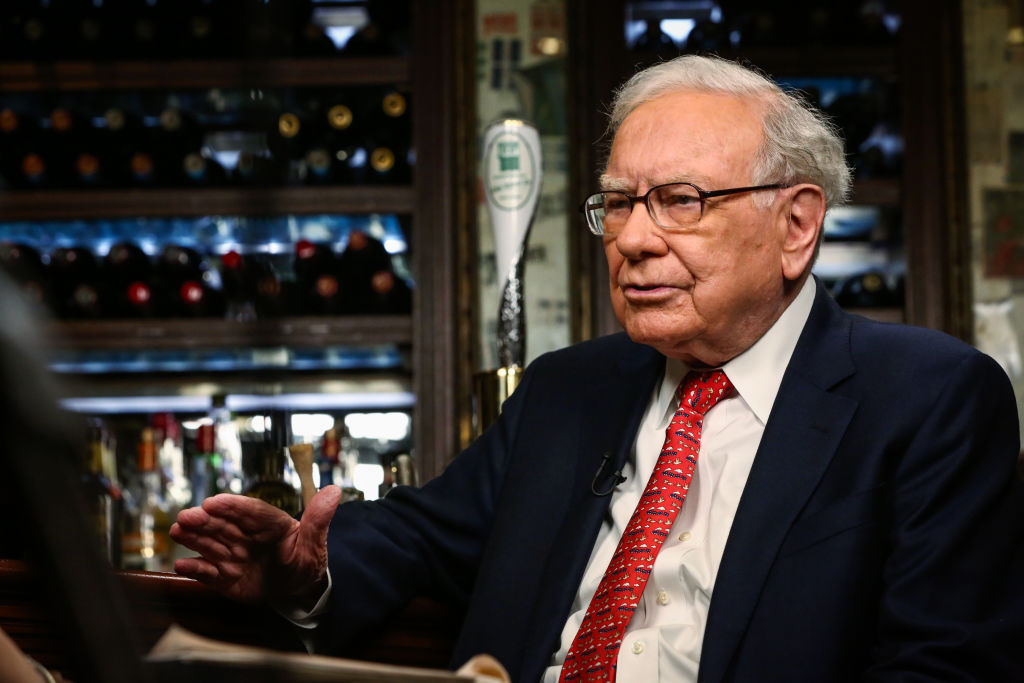 What is Warren Buffett’s net worth?
What is Warren Buffett’s net worth?Warren Buffett, sometimes referred to as the “Oracle of Omaha”, is considered one of the most successful investors of all time. How did he make his billions?
-
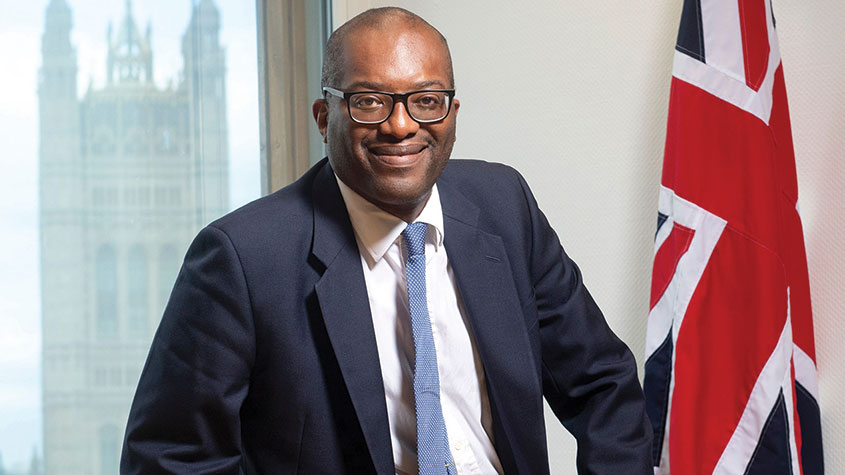 Kwasi Kwarteng: the leading light of the Tory right
Kwasi Kwarteng: the leading light of the Tory rightProfiles Kwasi Kwarteng, who studied 17th-century currency policy for his doctoral thesis, has always had a keen interest in economic crises. Now he is in one of his own making
-
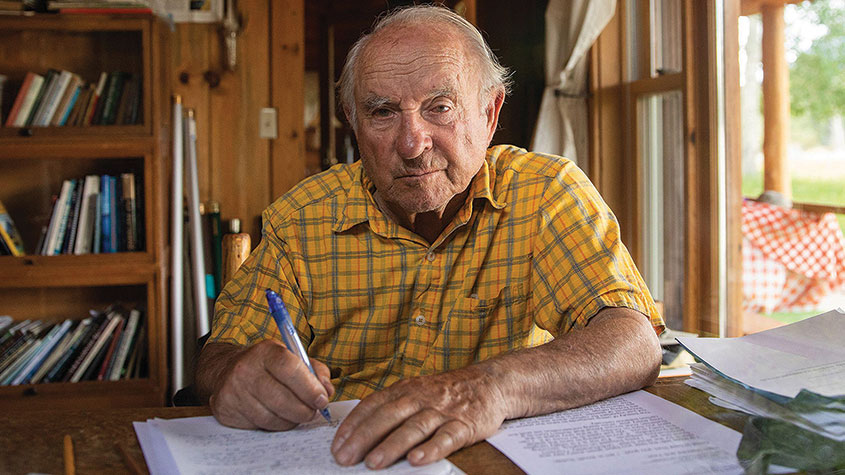 Yvon Chouinard: The billionaire “dirtbag” who's giving it all away
Yvon Chouinard: The billionaire “dirtbag” who's giving it all awayProfiles Outdoor-equipment retailer Yvon Chouinard is the latest in a line of rich benefactors to shun personal aggrandisement in favour of worthy causes.
-
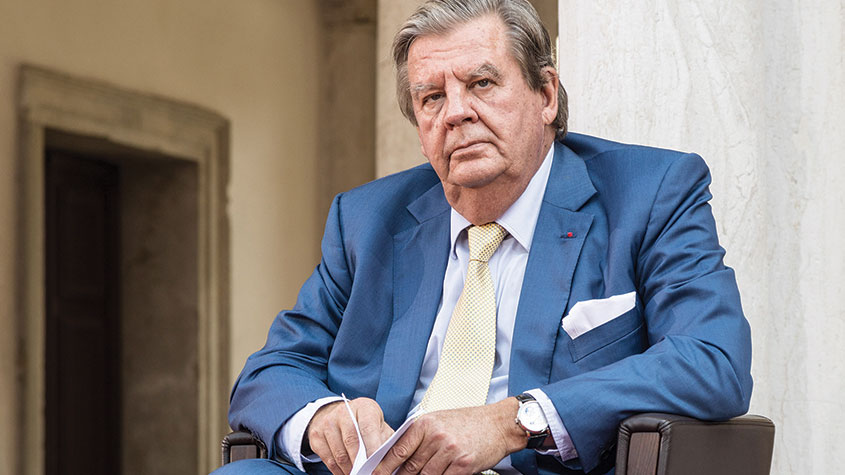 Johann Rupert: the Warren Buffett of luxury goods
Johann Rupert: the Warren Buffett of luxury goodsProfiles Johann Rupert, the presiding boss of Swiss luxury group Richemont, has seen off a challenge to his authority by a hedge fund. But his trials are not over yet.
-
 Profile: the fall of Alvin Chau, Macau’s junket king
Profile: the fall of Alvin Chau, Macau’s junket kingProfiles Alvin Chau made a fortune catering for Chinese gamblers as the authorities turned a blind eye. Now he’s on trial for illegal cross-border gambling, fraud and money laundering.
-
 Ryan Cohen: the “meme king” who sparked a frenzy
Ryan Cohen: the “meme king” who sparked a frenzyProfiles Ryan Cohen was credited with saving a clapped-out videogames retailer with little more than a knack for whipping up a social-media storm. But his latest intervention has backfired.
-
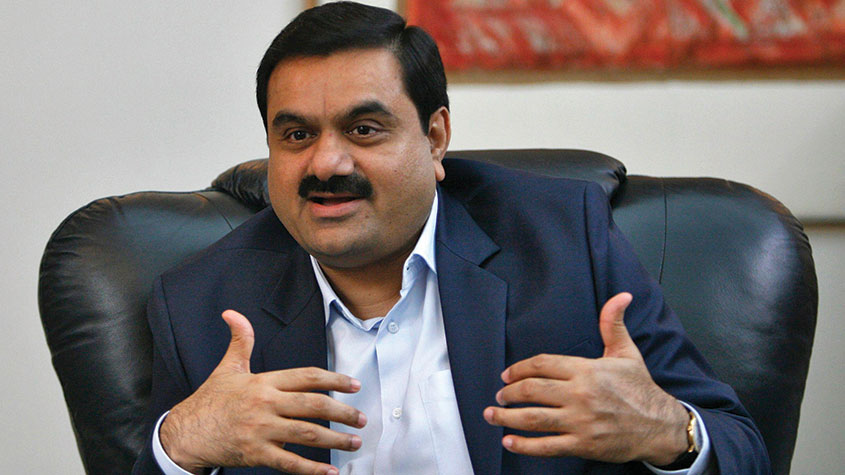 The rise of Gautam Adani, Asia’s richest man
The rise of Gautam Adani, Asia’s richest manProfiles India’s Gautam Adani started working life as an exporter and hit the big time when he moved into infrastructure. Political connections have been useful – but are a double-edged sword.
-
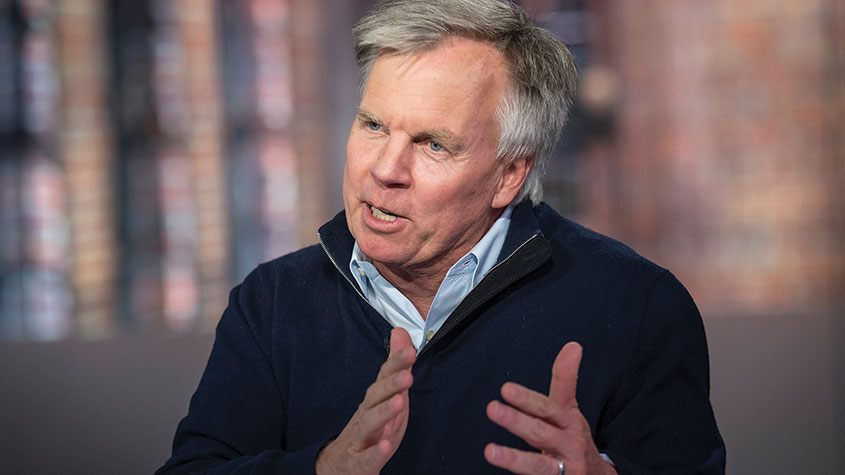 Ron Johnson: the retail king’s quest for redemption
Ron Johnson: the retail king’s quest for redemptionProfiles Ron Johnson’s spell at JCPenney, following his triumph at Apple, was a disaster. Now, his latest attempt to rescue his reputation has just crashed into bankruptcy.